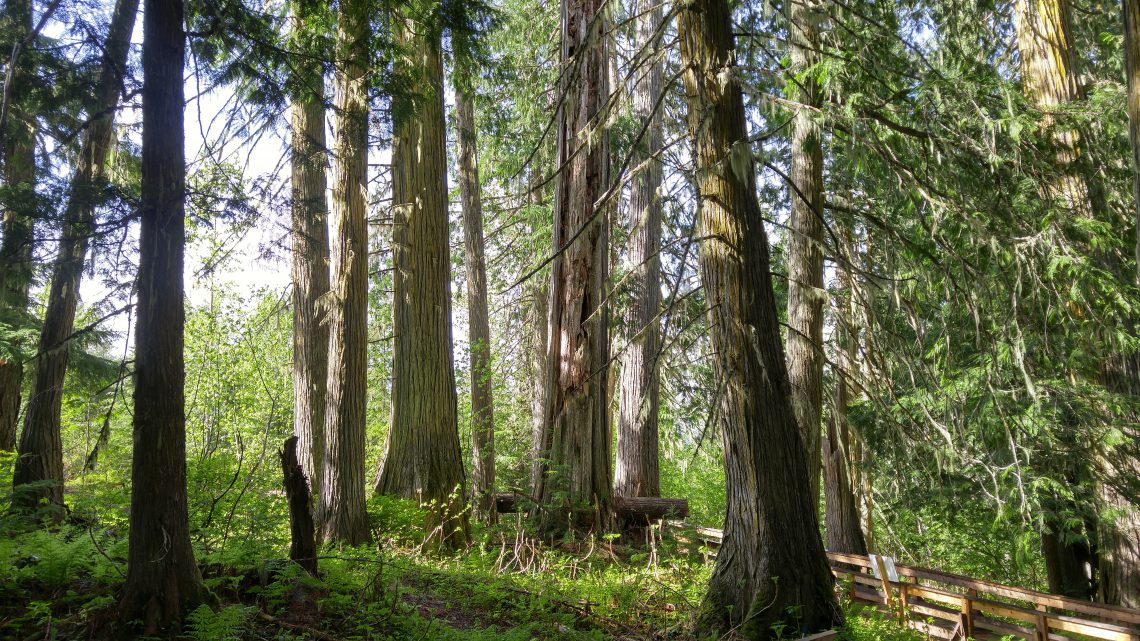A new study conducted by iTotem Technologies Ltd. for the BC Council of Forest Industries (COFI) found that in 2019, COFI member companies purchased $7 billion worth of goods and services from nearly 9,900 B.C.–based companies and Indigenous suppliers.
“Many people tend to associate the forest industry with rural areas and smaller communities, but this study shows that people working in businesses in urban centres like Vancouver, Surrey, Burnaby, Nanaimo and Kamloops also depend on a strong and vibrant forest industry supply chain,” said Susan Yurkovich, President and CEO, COFI.
“This study clearly demonstrates how our forest industry’s deep roots are supporting workers and families right across our province.”
Commissioned in early 2020, the 2019 Regional Supply Chain Study assesses the supply chain spend and reach of 19 COFI member companies.
The study found more than 340 communities and 120 Indigenous Nations and organizations benefited economically from the forest industry supply chain.
COFI members purchased $2 billion worth of goods and services from 2,100 businesses located across 19 municipalities in Metro Vancouver.
Vancouver-based companies were the top recipients of forest industry supply chain spend, with local purchases totaling $978 million.
On Vancouver Island, $1.2 billion worth of goods and services were purchased from 1,600 suppliers, with more than a quarter of them located in Nanaimo.
In the North, Prince George was home to 970 forestry suppliers that provided $718 million in goods and services.
More than 550 businesses from Kelowna and Kamloops in the Interior provided a combined $220 million of the forestry supply chain spend.
In addition, the study confirmed forestry is a primary industry in many Indigenous communities.
Business agreements and stewardship partnerships between the forest industry and Indigenous Nations provided about $250 million in economic benefits, with close to 120 Indigenous Nations or affiliated businesses participating in the industry in 2019.
Suppliers range from manufacturers designing, producing, and servicing parts for the equipment used in forestry operations to urban-based tech companies developing digital solutions to improve harvesting, tree planting, and regeneration processes, to administration, janitorial, and catering services.
B.C.’s forest industry remains a cornerstone of the B.C. economy, representing over 100,000 direct and indirect jobs, contributing nearly $13 billion to the provincial GDP and generating close to $4 billion in annual revenues to municipal, provincial and federal governments in recent years to help fund important public services like health care and education.
“This study is a reminder of the importance of our industry to the fabric of our province,” said Yurkovich.
“As we look to recover from the devastating impact of this global pandemic, our sector can help lift more British Columbians up by keeping our operations running and continuing to buy goods and services from local businesses,” she added.
COFI represents the majority of lumber, pulp and paper, and manufactured wood producers from across the province.



